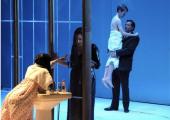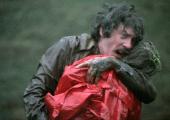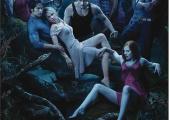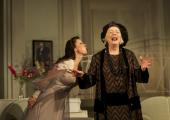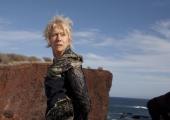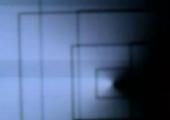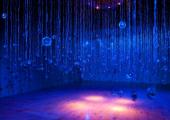Touch, Sky1
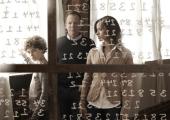
Kiefer Sutherland swaps the war on terror for a voyage through the paranormal
The eminence grise behind Touch is Tim Kring, who also devised Heroes, and it shows. Heroes was about a network of people with paranormal or superhuman powers, and so is Touch. In this case, we find ourselves in a universe which is underpinned by numerical patterns and mathematical probabilities. Only a select handful of humans can discern this astounding cosmic architecture and join the astral dots, one of them being Jacob "Jake" Bohm.

